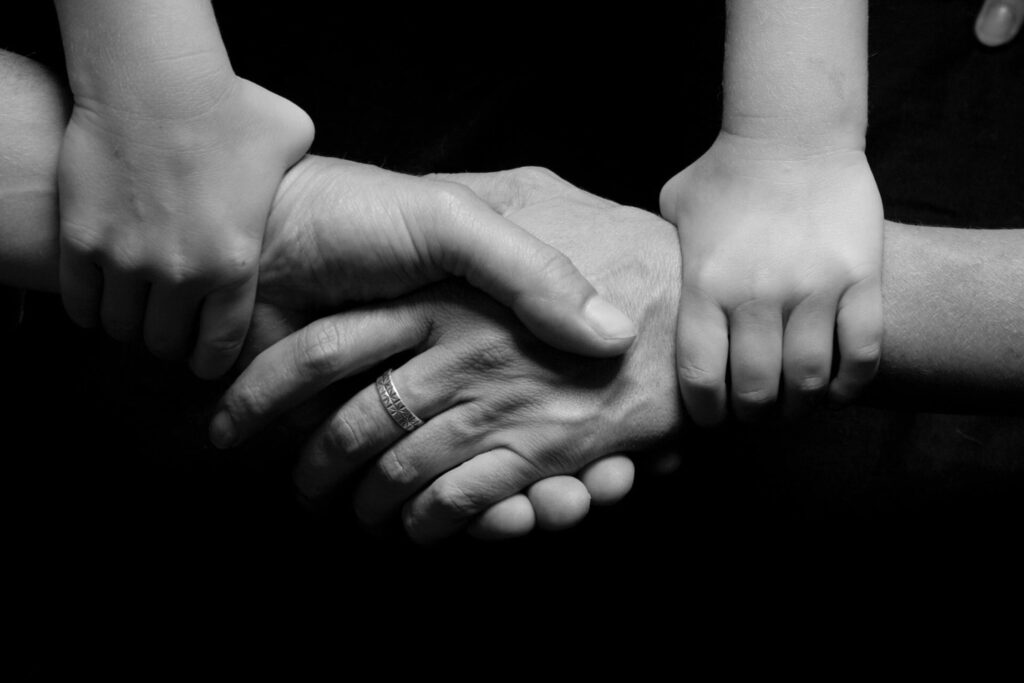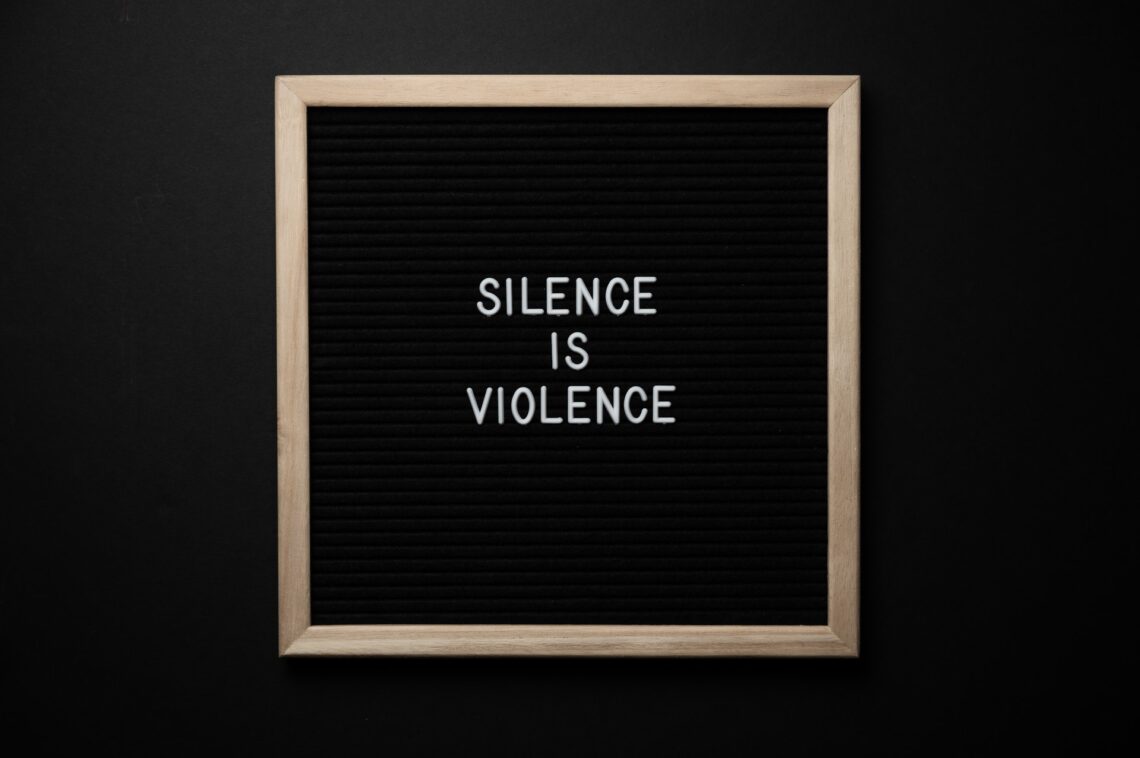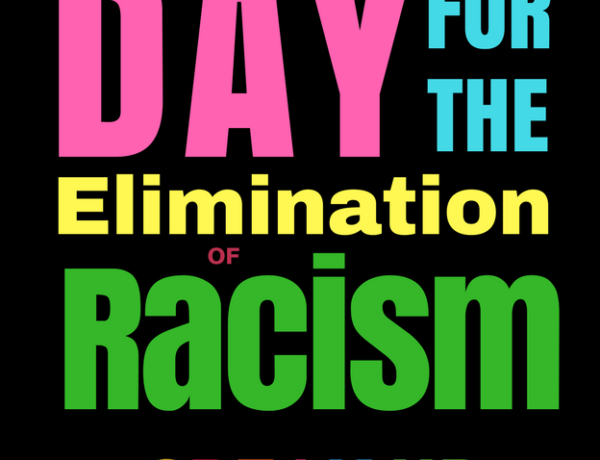As I am writing this, there have been 53 people killed in the UK this year alone.
This last week… was horrific. A spike in violence so severe, so heartbreaking, so shocking, that it is bringing terror into our daily news and daily lives.
A young girl in Tottenham was the victim of a drive-by shooting.
Teenage boy stabbed to death in Hackney.
A boy aged 13 was seriously hurt in an attack in Newham, East London, and another in his late teens suffered stab wounds in Ealing, West London.
Two 15-year-old boys and a 16-year-old were hurt in Mile End and another 15-year-old was stabbed in Poplar.
A man, in his 40s, was stabbed in Herne Hill, South-East London, but his injuries are not thought to be serious.
A man has been held on suspicion of attempted murder in connection with the assault in Mile End and the injured 16-year-old, who had minor injuries, was also arrested.
In addition to the stabbings, a man in his 20s was shot in the face in Tyers Street, Vauxhall.
In February and March, London had more homicides than New York. NEW YORK. Let that sink in for a moment.
We have been looking at the US with sadness for their gun control issues and fights about their 2nd amendment, all the while our children are being shot and stabbed right in front of our eyes.
WHY?

Police and community workers say London’s surge in violence is partly driven by battles over control of the illegal drug trade and a “postcode war” between street gangs. Some say it’s because the powers of the police to stop-and-search have been diminished. Others blame social media explaining that it allows small fights to escalate into all out personal war. Lack of money, lack of counselling, lack of resources… the list of reasons goes on and on and on.
Perhaps what we should be focusing on instead of all the reasons WHY, is that it IS happening. And the only way to deal with it is to make changes in our policies and services available.
WHAT CAN WE DO?
There have been marches and protests around London for change. And I very much support this because SOMETHING has to change!
Street protest in #Tottenham #n17. Taking action against the needless violence in #London and the #UK right now. @BBCNews pic.twitter.com/cxUp0t99s5
— Henry Neves-Charge (@henry_neves7) April 3, 2018
Marches and protests can bring about much needed attention to the issue and for that I am glad. Once we have the attention of the powers that be, we can begin to demand that something happen. Because, not to get overly political, if you look at the news lately you’ll see our politicians blaming this on gangs and drugs and money and anything under the sun that doesn’t have to do with them being accountable.
What we need is a shift in thinking about violence.
I’m talking PREVENTION. And there is a precedent for it, very close by, that is working.
In the early 2000s, the Scottish city of Glasgow was known as the murder capital of Britain. In 2005, Carnochan co-founded the Violence Reduction Unit, which decided to treat violence as a public health issue, rather than simply as a law-and-order problem.
“It gave us a new language. We could start to speak about prevention,” said Carnochan. “Because law and order, criminal justice, didn’t think about prevention. Our idea of prevention was an alarm, or bars on your windows.”
In Glasgow, prevention meant police working alongside teachers, social workers and others to “share the problem out” and find solutions. It also meant going to the young men involved in violence and offering alternatives — something many eagerly seized.
“When you say it out loud it seems so obvious,” Carnochan said. “If you are a young man leaving home every night and you feel you have to put a knife down the waistband of your trousers to go out, that can’t be a good thing.”
Between 2005 and 2015, the number of murders in Glasgow fell by half. Carnochan thinks a similar approach would work in London.
This shift in thinking also needs to hit close to home because that’s where the danger is lurking. On our streets, in our town, smack dab in the middle of our lives. Parents… it’s time to talk to our kids.

When you hear fears, normalise their feelings. If they’re scared, say “Lots of kids and even adults feel scared. That was a scary thing that happened. Don’t dismiss their fears or tell them not to worry. How can they NOT… worry? It’s their friends or friends of friends that are being hurt. Listen until they’re all done talking. No matter how difficult.
Be mindful of your own reactions. Your kids will look to the way you handle the news to determine their own approach. If you stay calm and rational, they will, too.
Check in. This is not the time to be meek. Even if you don’t have the news on, your young ones will have heard. You can’t pretend it didn’t happen. And by talking with them about it you can provide insight against misinformation that often floats around. There IS a lot of shaming of young people taking place, blaming Grime music and drugs, making it seem as if ALL of our young people are violent. They are NOT. Don’t let them shoulder that burden. It will also give you the opportunity to throw your own insights into the mix (just don’t dismiss theirs, since that will shut down the conversation immediately).

Let them vent. Many children/teens will feel strongly about events and may even personalise them if someone they know has been directly affected. They’ll also probably be aware that their own lives could be affected by violence. Try to address their concerns without dismissing or minimising them. If you disagree with media portrayals, explain why so your teens can separate the mediums through which they absorb news from the messages conveyed.
Do something/anything: Talking about feelings can only go so far. Prepare an emergency kit for your home or plan emergency protocols in the event of a crisis so your kids know you are owning their security efforts. Talk to them about violence, about speaking up when they see something off, about safety, about how they can help. Kids can write postcards to politicians expressing their opinions; families can attend meetings or protests; kids can help assemble care packages or donate a portion of their allowance to a rescue/humanitarian effort.

























